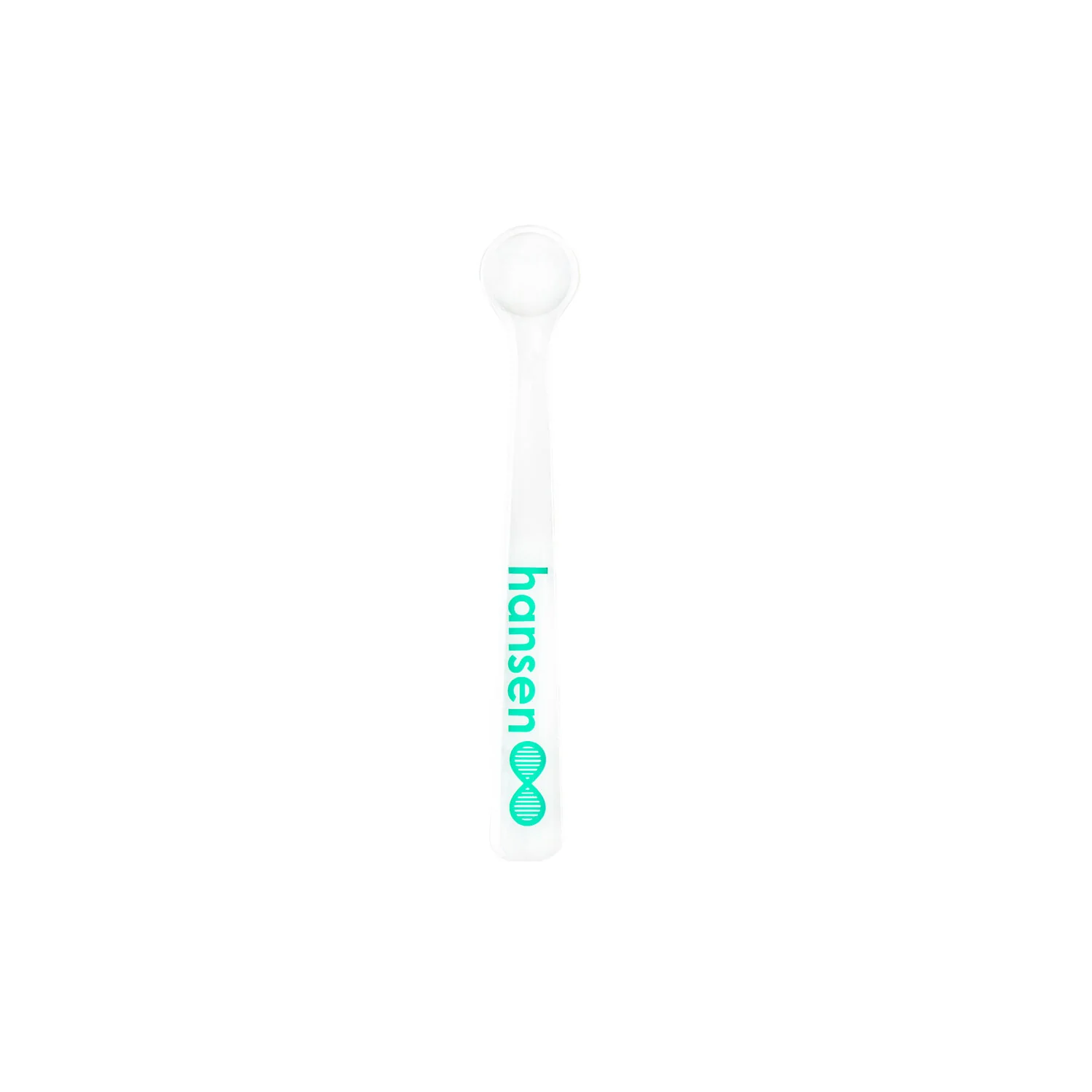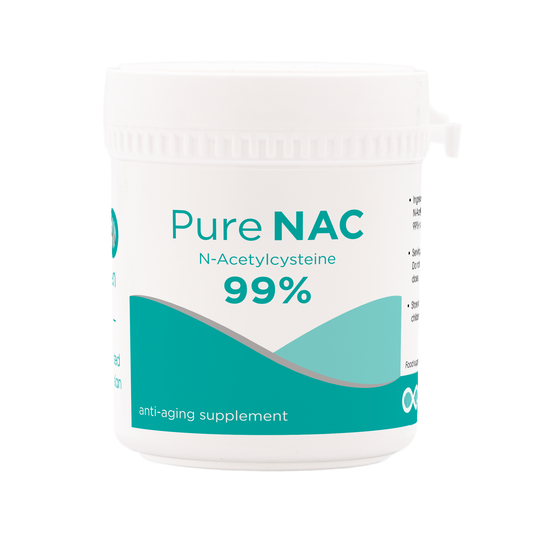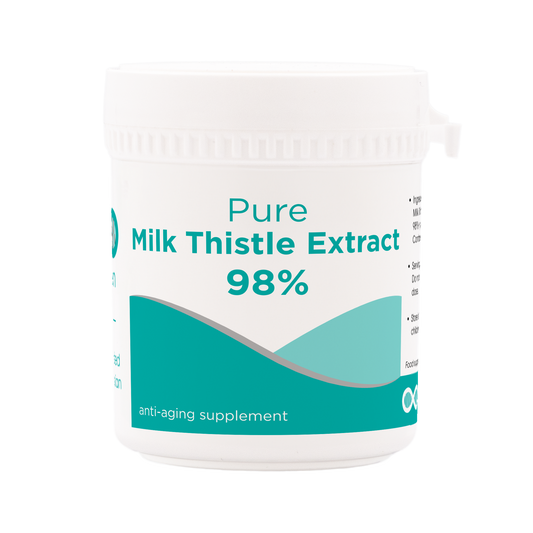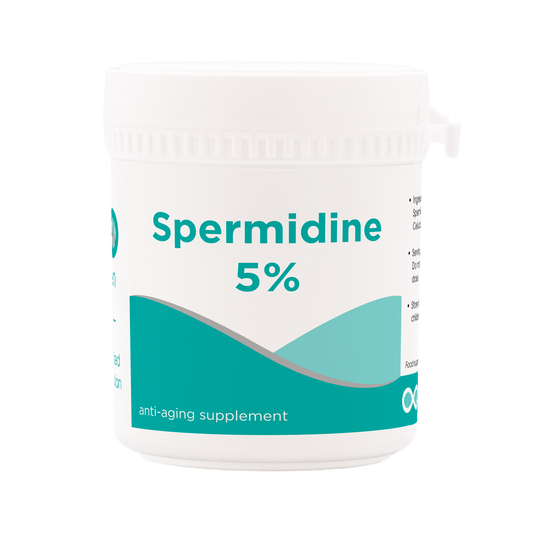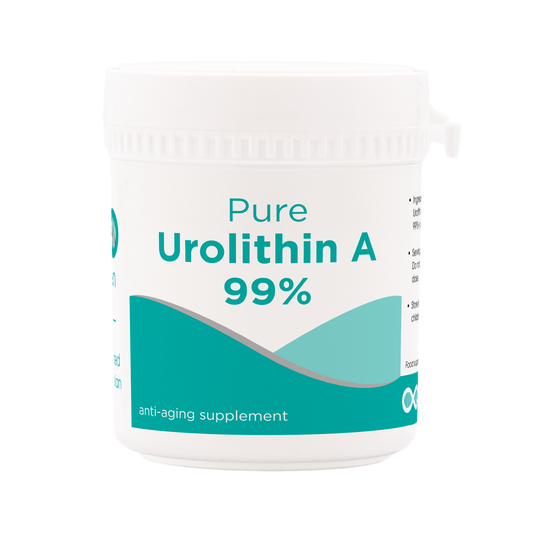Zinc-Carnosine 98% powder
Zinc-Carnosine 98% powder
 We ship orders within 2 business days.
We ship orders within 2 business days.
Couldn't load pickup availability
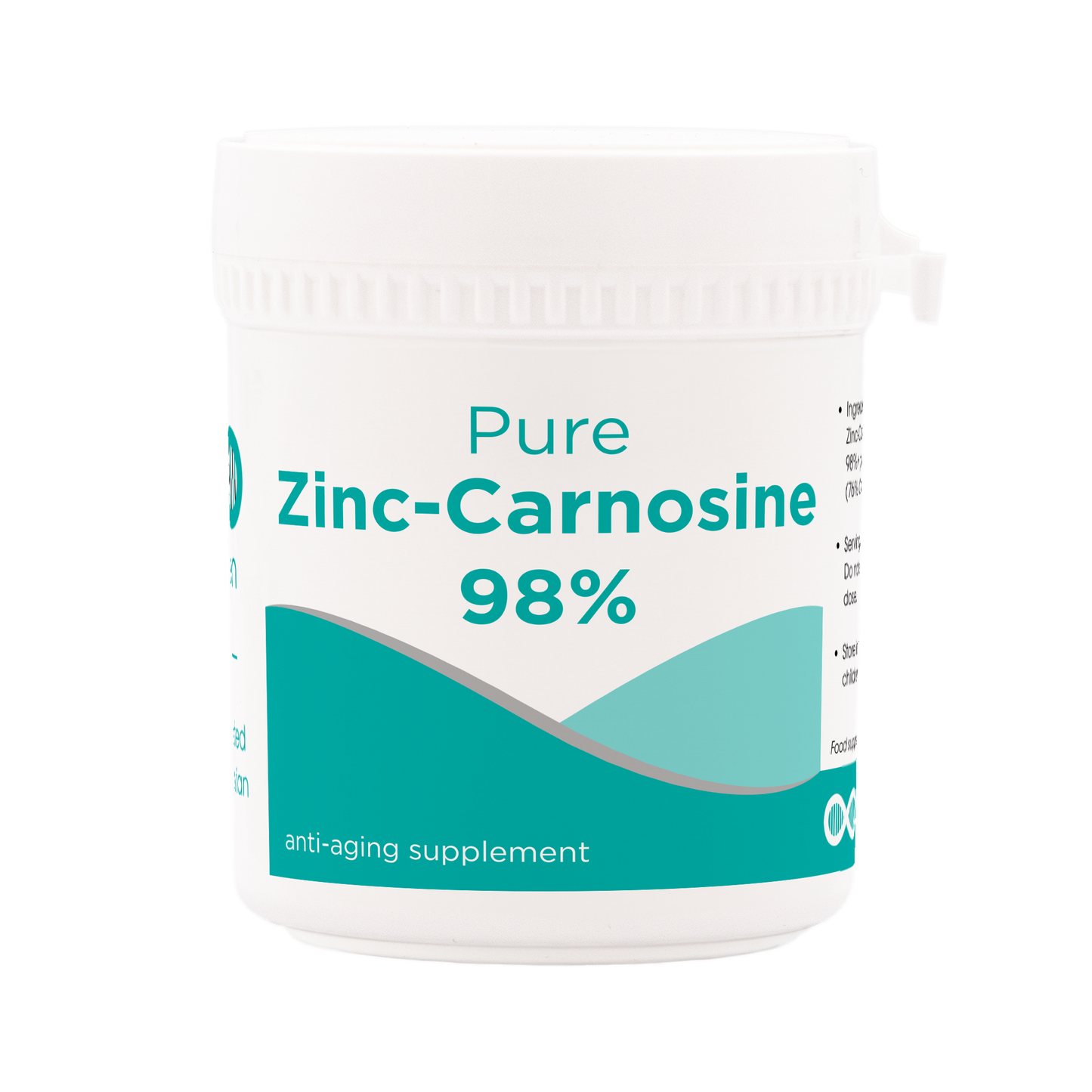
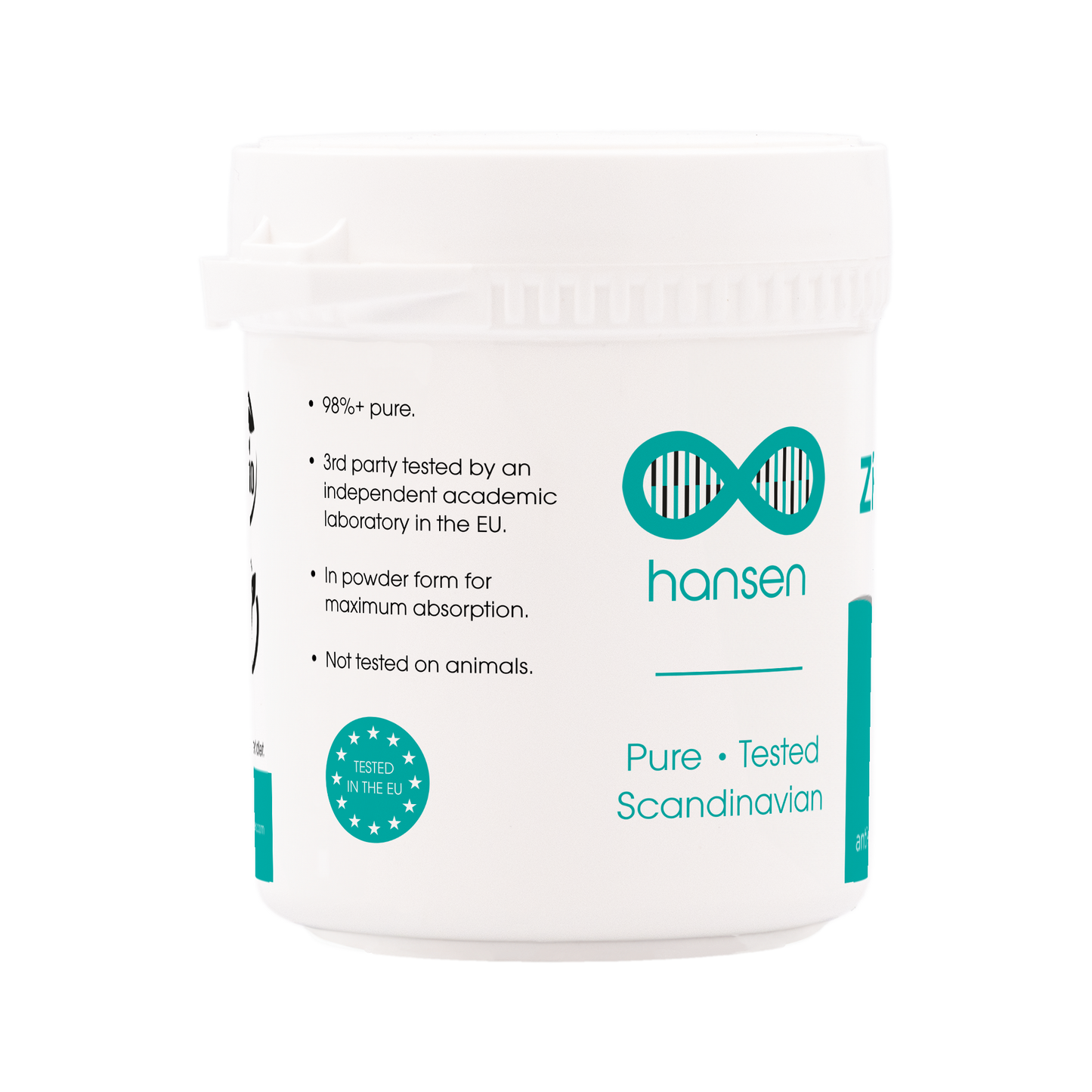
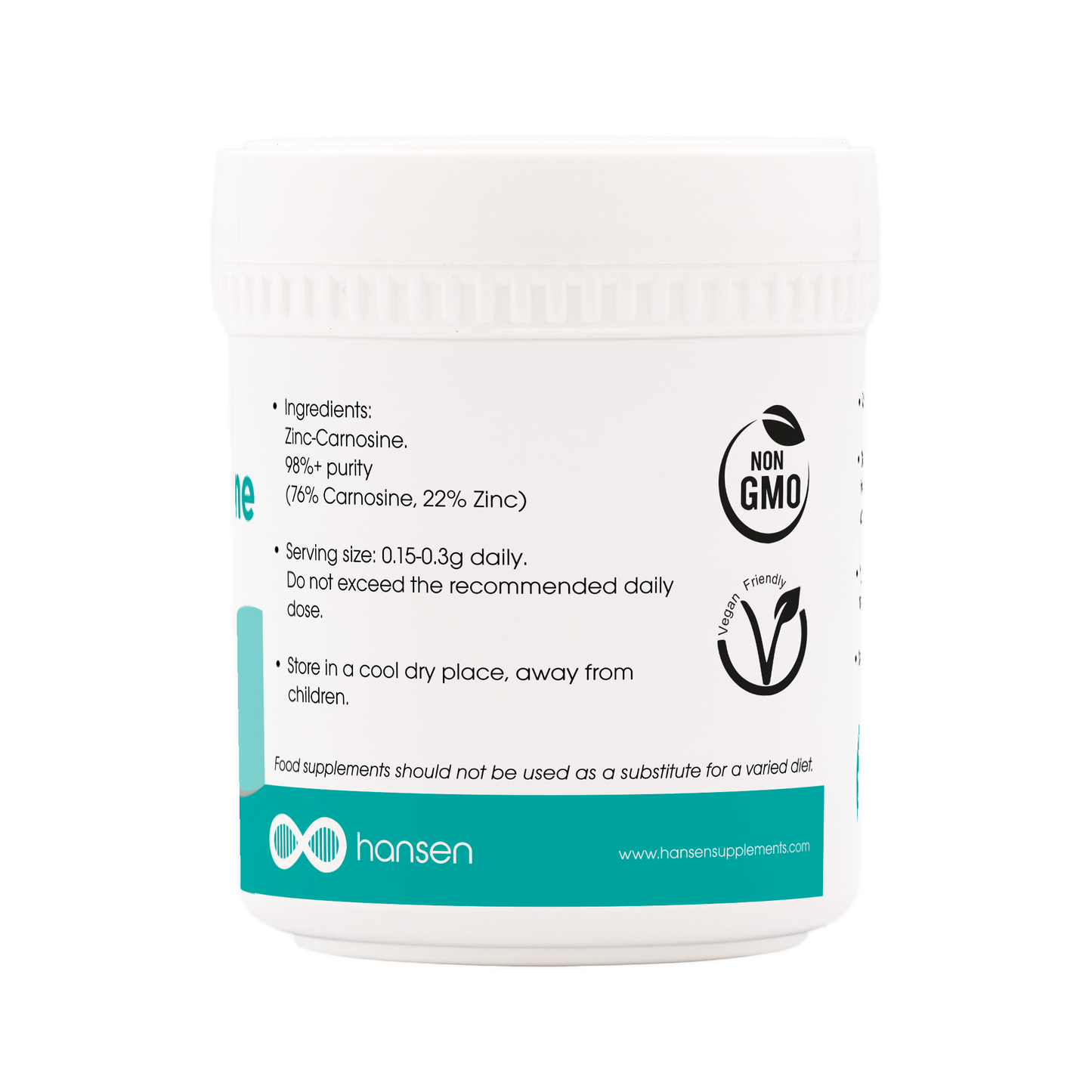
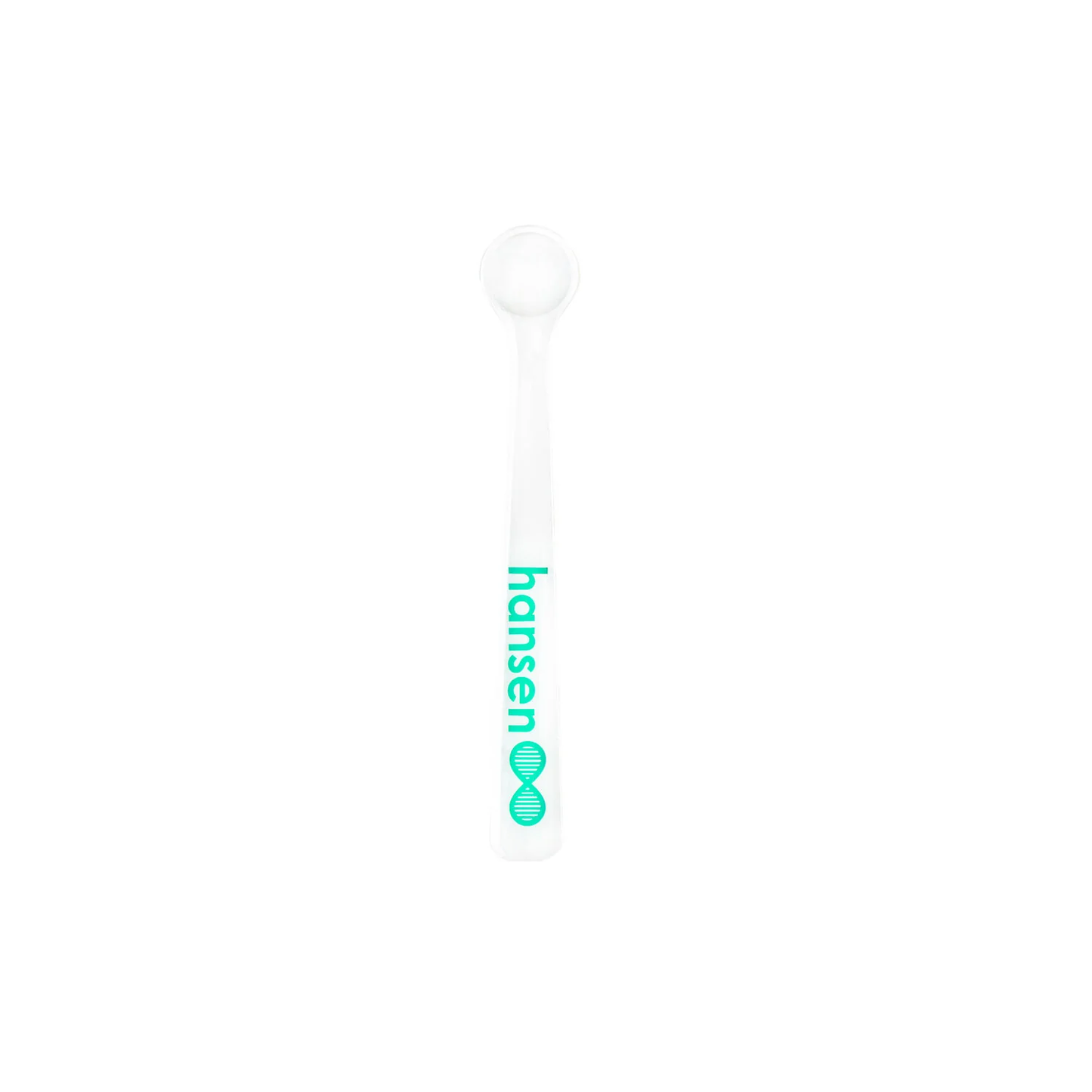
Collapsible content
Product overview
Zinc-Carnosine (ZnC) is a chelated compound that contains L-Carnosine and Zinc. Zinc is an essential mineral found in foods such as meat, cheese, and tofu. When combined with L-Carnosine as a supplement, it is said to slow cell aging, protect against miscellaneous aging processes, as well as improve wound healing, both within the skin and the gastric lining. It can also help restore lost sense of smell and taste.
These statements have not been evaluated by the Food and Drug Administration or MHRA. This product is not intended to diagnose, treat, cure, or prevent any disease. Food supplements should not be used as a substitute for a varied diet.
Dosing and storage
Quality
Shipping
Learn more about Zinc-Carnosine
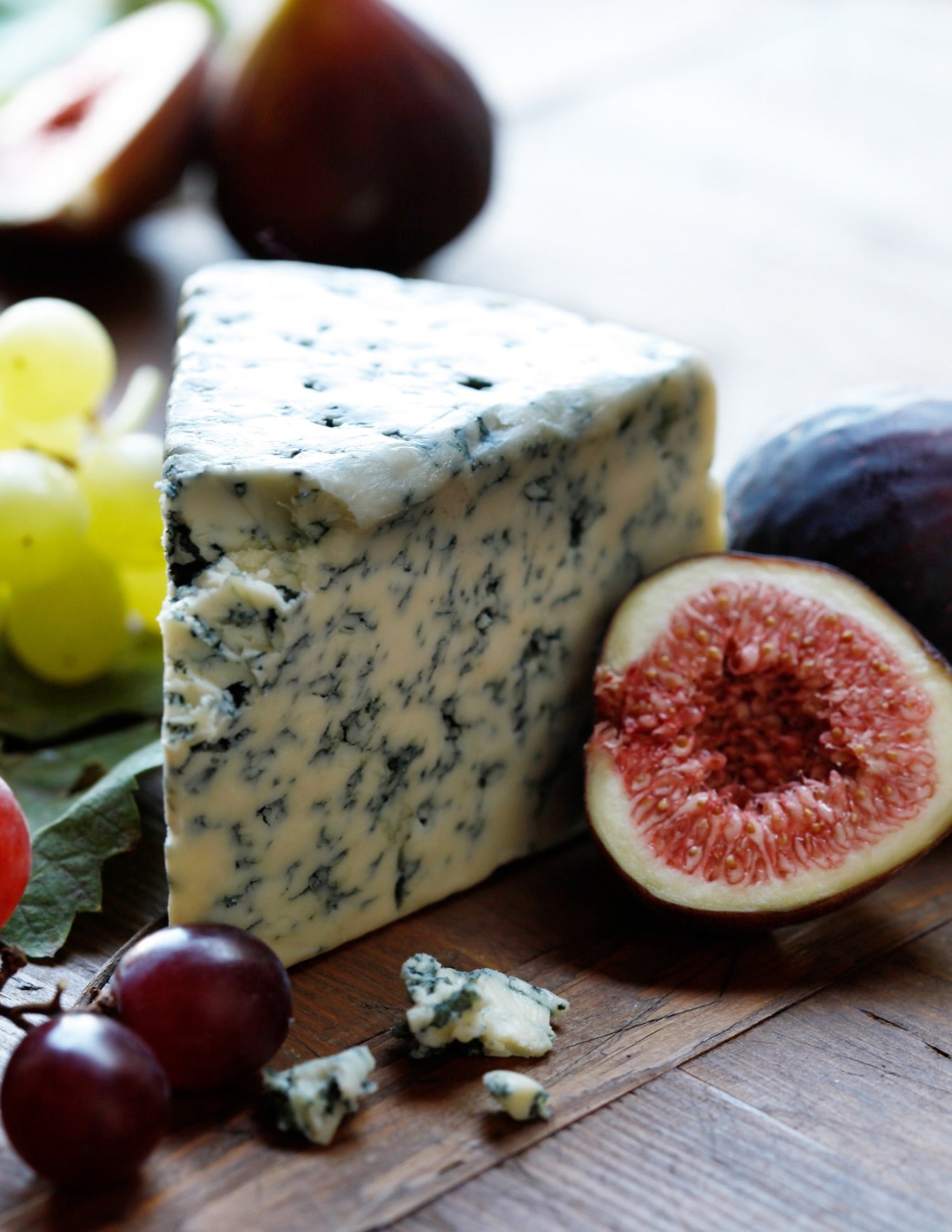
What is Zinc-Carnosine?




